In recent years, running has gained tremendous popularity as a go-to exercise for people of all fitness levels. Whether it's for fitness, stress relief, or the thrill of competition, more and more individuals are lacing up their running shoes and hitting the pavement or a treadmill.
At the same time, it's essential to understand that running isn't just about running faster and better, it's also about nourishing your body for optimal performance and recovery.
In today’s article, we'll explore what and how to eat after a run, which is crucial for every runner, from beginners to seasoned athletes.
Earlier we talked about what to eat before a run. For more details, please kindly check: What To Eat Before A Run?
Why to eat after a run?
After completing a run, your body has specific nutritional needs to support recovery and prepare for future workouts. Here are the key nutritional goals after a run:
Replenishing Glycogen Stores
Glycogen is the stored form of carbohydrates in your muscles and liver, serving as a primary energy source during exercise. When you run, you deplete these glycogen stores. To ensure your body is ready for your next run, it's crucial to replenish these stores promptly. Here's why:
- Sustained Energy: Adequate glycogen levels provide the energy necessary for endurance and performance during your runs.
- Prevent "Hitting the Wall": Running on low glycogen can lead to fatigue, dizziness, and decreased performance, often referred to as "hitting the wall."
Remember to consume carbohydrate-rich foods or beverages in the first 30 minutes to 2 hours after your run.
Ideal sources: whole grains, fruits, and starchy vegetables.

Muscle Recovery and Repair
Running places stress on your muscles, causing tiny tears in muscle fibers. Proper nutrition plays a vital role in repairing and strengthening these muscles. Muscle recovery and repair goals include:
- Protein Intake: Protein is crucial for muscle repair and growth. Consuming protein after a run helps repair damaged muscle fibers and enhances muscle protein synthesis.
- Amino Acids: Amino acids, the building blocks of protein, are essential for rebuilding muscles. Branched-chain amino acids (BCAAs) are particularly important in this context.
- Reducing Inflammation: Certain foods, like those rich in antioxidants, can help reduce inflammation, minimizing post-run muscle soreness.
Post-run meals and snacks should include: lean protein, such as chicken, fish, tofu, or dairy products, along with foods rich in antioxidants, like berries and leafy greens.
Hydration and Electrolyte Balance
During a run, you lose fluids through sweat, which can lead to dehydration and electrolyte imbalances. Achieving proper hydration and electrolyte balance is crucial for several reasons:
- Performance: Dehydration can impair your running performance and lead to early fatigue.
- Recovery: Staying hydrated aids in the transport of nutrients to muscles and the removal of waste products.
- Preventing Cramps: Electrolytes like sodium and potassium help maintain muscle function and prevent cramping.
After your run, it's essential to rehydrate with water and, if needed, electrolyte-rich beverages such as sports drinks or coconut water. Consuming electrolyte-rich foods like bananas or oranges can also help restore balance.
Timing Is Key: When to eat after a run?
Ensuring you eat at the right time after a run can significantly impact your recovery and performance. Proper timing plays a crucial role in maximizing the benefits of post-run nutrition. Let's delve into the timing aspects:
The Post-Run Window
The "post-run window" refers to the period immediately following your run when your body is particularly receptive to nutrients. This window is a critical time frame during which your body is primed for:
- Glycogen Replenishment: Your muscles are most receptive to replenishing glycogen stores during this time.
- Muscle Repair: Protein consumed within this window aids in muscle recovery and repair.
- Fluid and Electrolyte Balance: Prompt rehydration helps restore the fluid and electrolyte balance disrupted during your run.
Typically, the post-run window lasts from 30 minutes to 2 hours after your run. It's during this period that you should aim to consume a balanced post-run meal or snack to maximize these benefits.
Importance of Immediate Intake
Immediate intake of post-run nutrition is crucial for several reasons:
- Glycogen Replenishment: Consuming carbohydrates immediately after your run helps kickstart the replenishment of glycogen stores, ensuring you have energy for future workouts.
- Protein Absorption: The body's ability to absorb and utilize protein is heightened immediately after exercise, aiding in muscle repair and growth.
- Rehydration: Replacing lost fluids and electrolytes quickly helps prevent dehydration and muscle cramping.
Even if you don't have a full meal prepared, consuming a quick post-run snack like a banana or a protein shake within the post-run window can provide substantial benefits.
Long-Term Recovery Meals
While the immediate post-run nutrition is essential, long-term recovery meals should not be overlooked. These meals play a role in:
- Sustained Recovery: Consistent and balanced meals throughout the day support ongoing recovery and muscle repair.
- Optimal Nutrition: Ensuring your diet includes a variety of nutrients, including vitamins, minerals, and antioxidants, aids in overall health and injury prevention.
- Hydration: Drinking water regularly throughout the day helps maintain proper hydration levels.
Incorporate balanced meals that include carbohydrates, protein, healthy fats, and a variety of fruits and vegetables into your daily routine to support long-term recovery.
What to eat after a run?
Below are some foods that I recommend runners to eat after a run.
Complex carbohydrates
- Whole grains
- Sweet potatoes
Lean protein sources
- Chicken breast
- Greek yogurt
Healthy fats
- Avocado
- Nuts and seeds
Antioxidant-rich fruits and vegetables
- Berries
- Leafy greens

Why people love running?
People love running for a variety of reasons,. Here are some of the reasons of me why I love running:
Physical Fitness:
Running is an effective way to improve my cardiovascular health, increase endurance, and burn calories. Many people, including me embrace running as a means of getting in shape and maintaining the fitness levels.
Stress Relief:
Running has a profound impact on mental well-being. It triggers the release of endorphins, which are natural mood elevators. This can help alleviate stress, reduce anxiety, and improve overall mental health.
Accessible and Inexpensive:
Running is one of the most accessible forms of exercise. You don't need expensive equipment or gym memberships. All you need is a good pair of running shoes, and you can hit the road or trails. Of course, you can also get yourself a high cost-effective treadmill with an affordable price, like DeerRun Treadmill.
Versatility:
Running offers versatility in terms of where and when you can do it. You can run on a treadmill, through city streets, on trails, or around a track. It's a flexible activity that can fit into various lifestyles.
Sense of Freedom:
Running provides a sense of freedom and independence. There's a unique feeling of liberation that comes from moving your body at your own pace and rhythm.
Goal Achievement:
Setting and achieving running goals, whether it's completing a 5K, half marathon, or full marathon, can be incredibly rewarding. It gives me a sense of accomplishment and motivates individuals to push my limits.

Community and Social Connection:
The running community is known for being inclusive and supportive. I also find a sense of belonging and make new friends through running clubs, events, and races. Also, I can run on a DeerRun smart treadmill to have a competition with other people.

Outdoor Connection:
Running allows people to connect with nature and the outdoors. It's a great way to explore new places and enjoy the beauty of natural landscapes.
Mindfulness:
Running can be a form of mindfulness, where you focus on the present moment and the rhythm of your breath and footsteps. It provides an opportunity for introspection and mental clarity.
Improved Sleep:
Regular exercise, including running, can lead to better sleep patterns and improved sleep quality.
Weight Management:
Running is an effective way to help manage weight by burning calories and increasing metabolism.
Competitive Spirit:
For some, the competitive aspect of running, whether it's racing against others or trying to beat personal records, is a significant motivator.
Empowerment:
Overcoming challenges and pushing through physical barriers can instill a sense of empowerment and self-confidence.
Conclusion
In this article, we've explored the essential principles of post-run nutrition, from replenishing glycogen stores and supporting muscle recovery to maintaining proper hydration and electrolyte balance. We've uncovered the significance of timing your post-run meals and snacks to maximize their benefits, emphasizing the post-run window, immediate intake, and the importance of consistent, long-term recovery meals.
By incorporating a balanced blend of carbohydrates, proteins, healthy fats, and a rainbow of fruits and vegetables into your post-run nutrition, you provide your body with the tools it needs to bounce back, become stronger, and embark on your next running adventure.








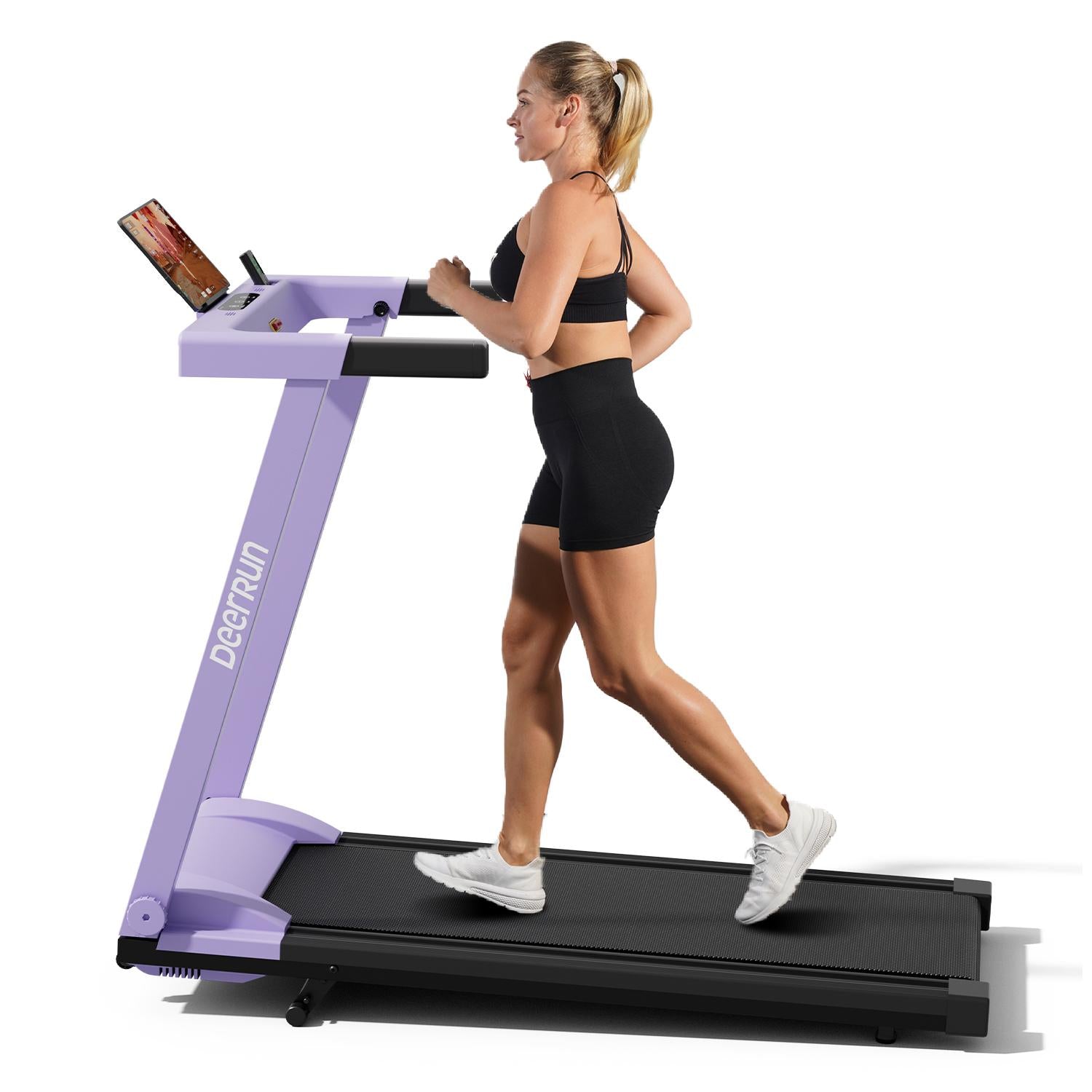











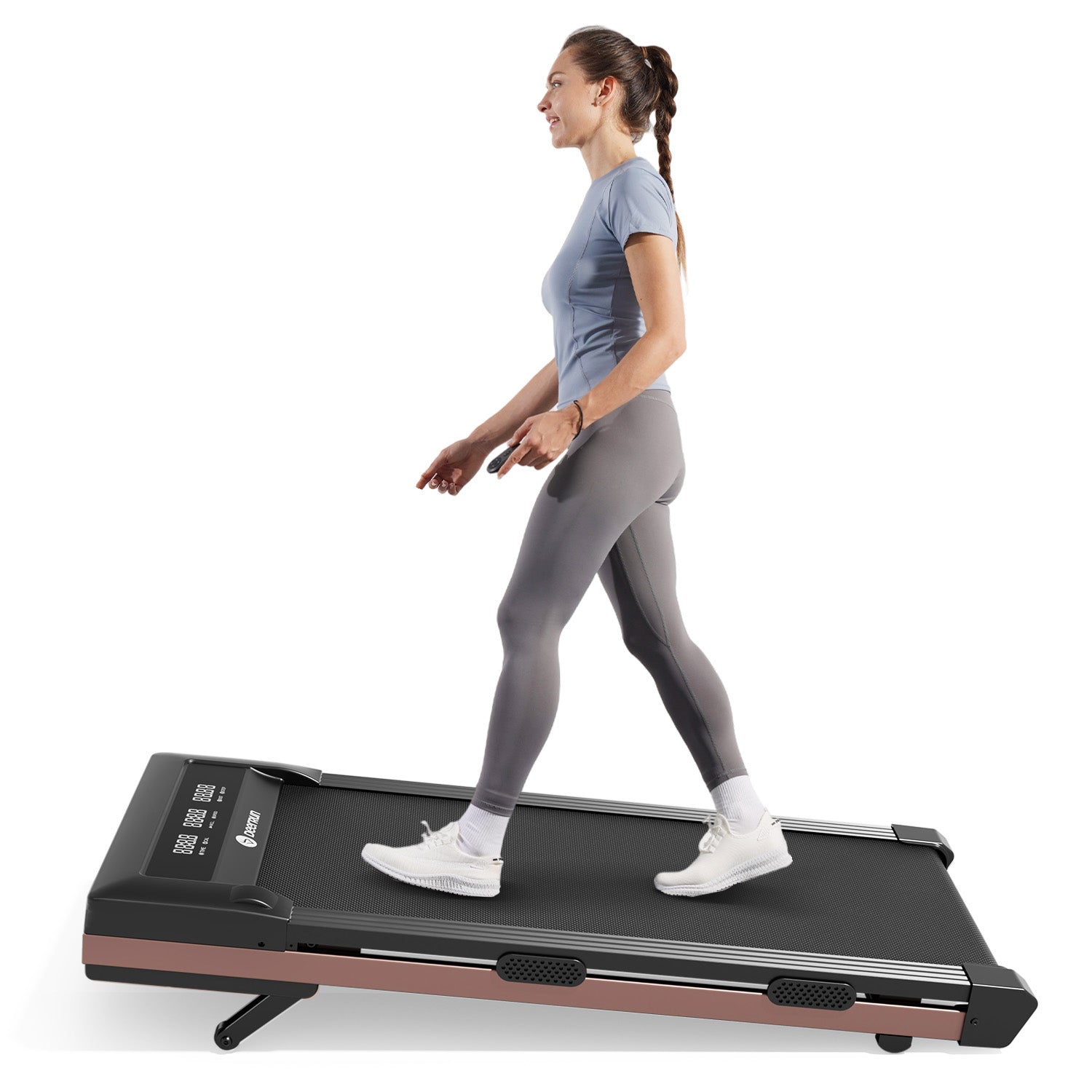
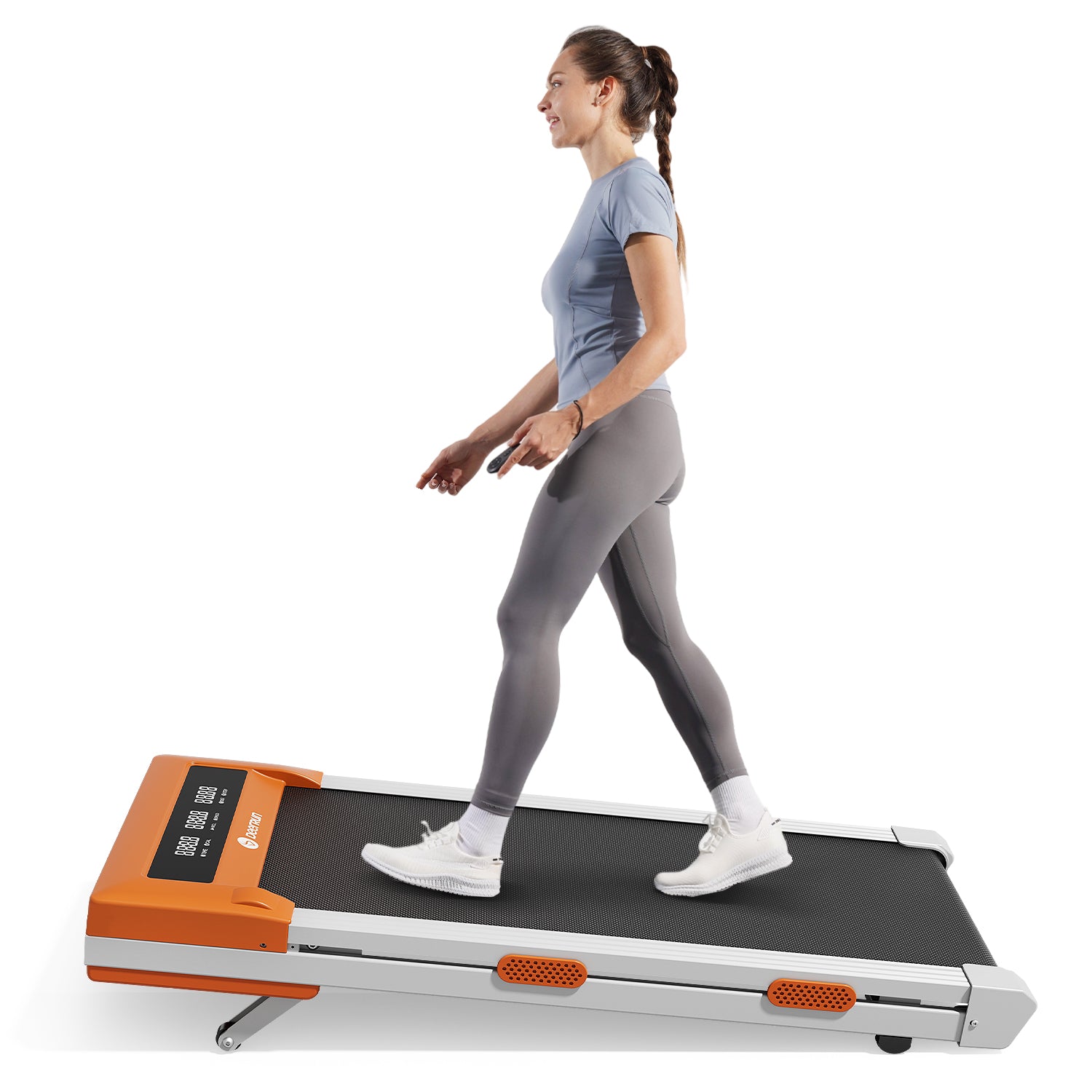
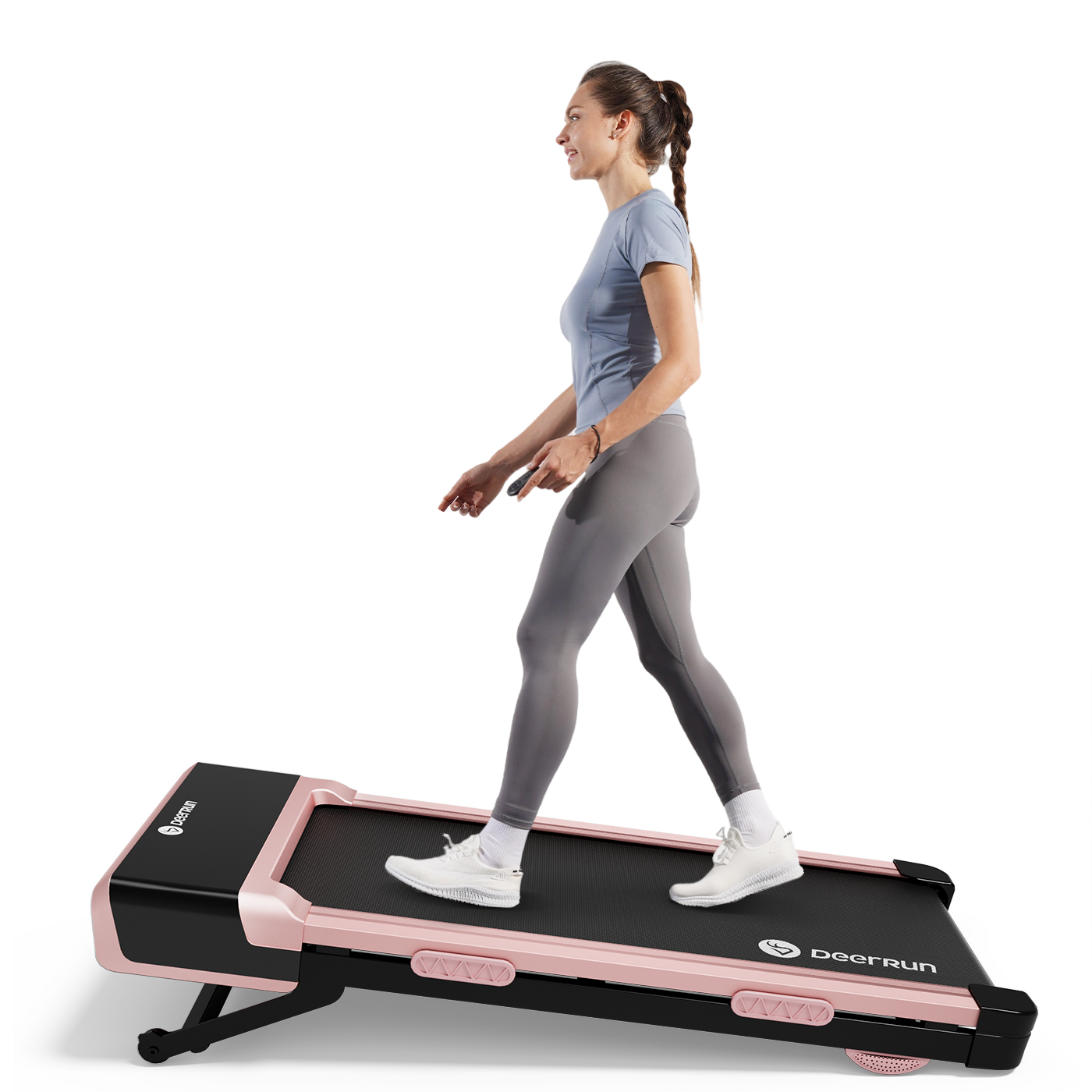
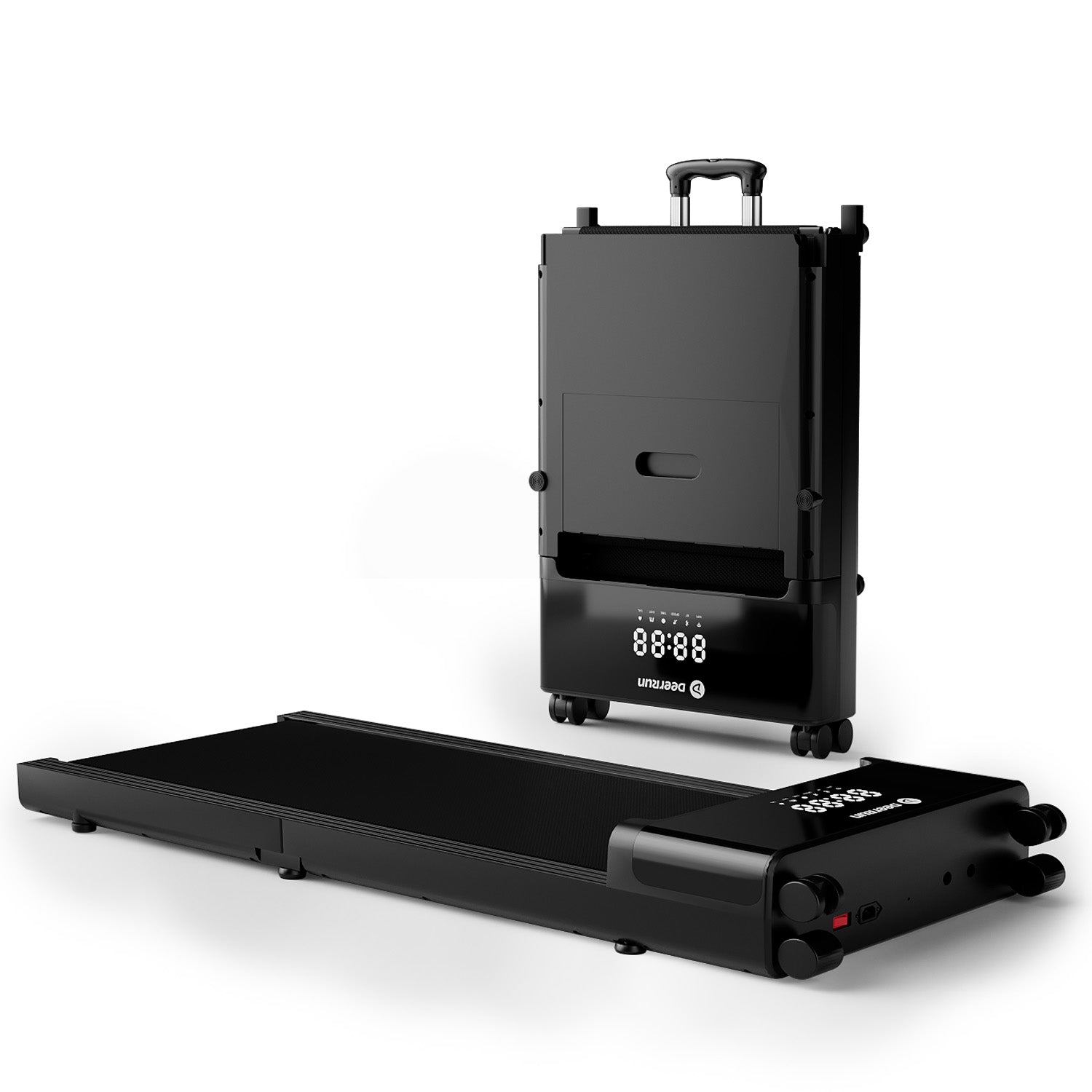



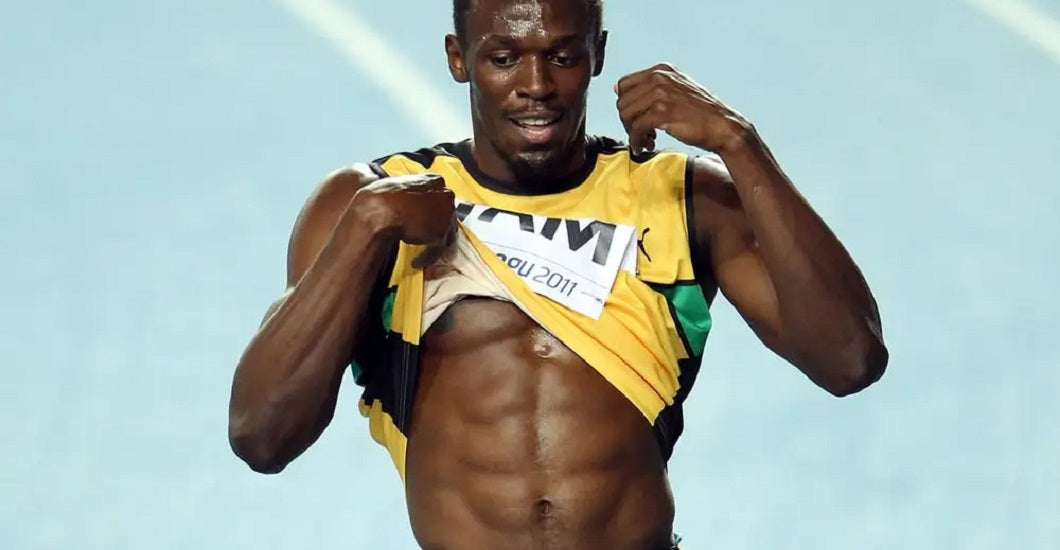
Leave a comment
All comments are moderated before being published.
This site is protected by hCaptcha and the hCaptcha Privacy Policy and Terms of Service apply.